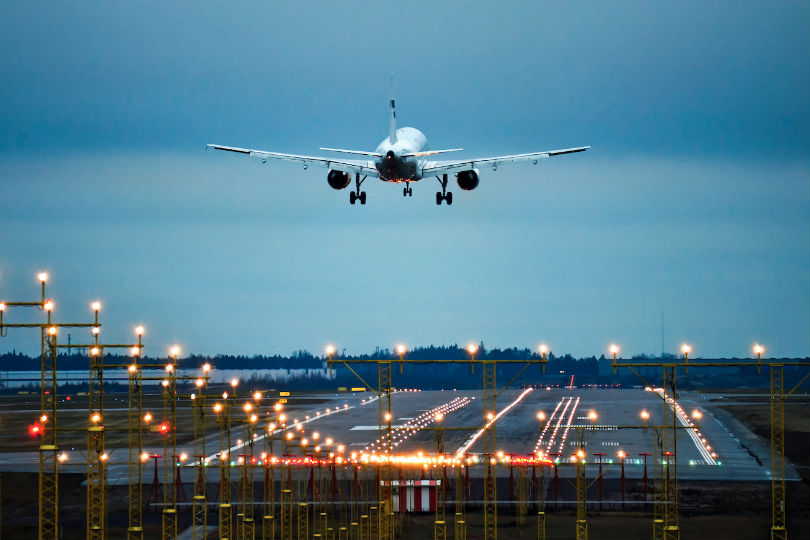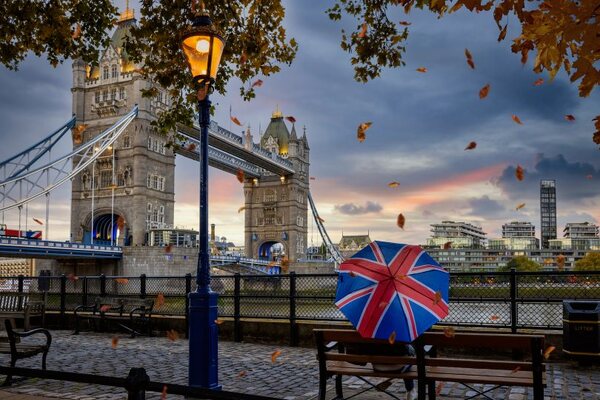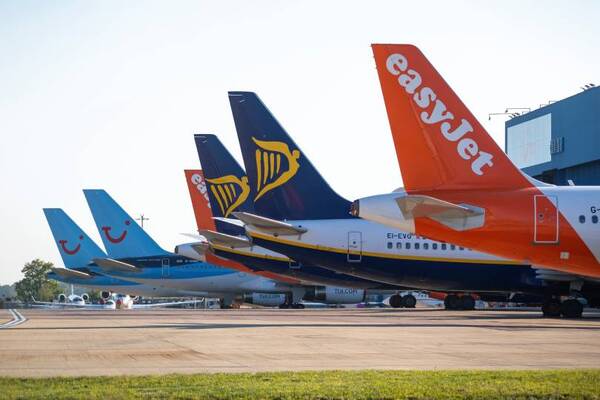Justin Francis: ‘It’s about time polluters paid their way’
 Justin Francis
Justin FrancisHere comes the cavalry – the Committee on Climate Change (CCC) want polluters to pay, and it’s about time.
The CCC’s report, released on Thursday (23 January), suggests taxing greenhouse gas-emitting industries to help achieve a net zero carbon UK.
The committee advises the government on emissions targets. Boris Johnson might have taken steps to discount shipping and aviation from net zero targets, but the findings from the CCC cannot be ignored.
Its report recommends measures for changing UK land use in order to achieve a net zero UK. Among its suggestions are plans for afforestation and agro-forestry.
Most importantly, the report suggests funding for the above should come from “greenhouse gas-emitting industries” such as “fossil fuel providers and airlines”. This is welcome news.
MORE: Committee proposes aviation levy to pay for tree planting
For some time now, Responsible Travel has been pushing for an extra aviation tax. Airlines currently pass tax onto the consumer; Airline Passenger Duty (APD) is paid for by the traveller. It is nowhere near as great as taxes faced by, say, the automotive industry, because aviation fuel isn’t taxed.
We have long argued the airline industry should not be exempt from tax. The polluter should pay and, as the CCC suggests, the money should be spent to achieve the UK’s legally binding target of net zero carbon emissions by the year 2050.
We propose a Green Flying Duty, based on a reformed version of APD, its funds ring-fenced for researching electric aviation, and improving railways.
In a letter to The Times last week, Professor Julian Allwood highlighted how extraordinarily subsidised the aviation industry already is.
As professor of engineering and the environment at the University of Cambridge and head of the department’s The Use Less Group, he argued that a fuel tax, proportionate to that levied on the automotive industry, would raise flight prices four-fold.
MORE: How the responsible travel movement will define the 2020s
It’s a huge increase, but think how the money could help us achieve net zero UK.
The CCC has suggested a tax on oil companies and airlines could fund the planting of 100 million trees a year. But I’d like to suggest something else.
A tax of this nature could also be reinvested in aviation research, propelling us towards a decarbonised airline industry. This would shed the industry of its greatest expense, fossil fuels, and let us fly clean and green. Electric planes seem like a distant dream; let’s bring that horizon closer.
Attitudes in the industry have a long way to go. Only last week, easyJet executive Johan Lundgren called for reform of APD to recognise more efficient and in-demand airlines.
EasyJet is lobbying the government to revise the tax after the government appeared to have allowed ailing airline Flybe to delay its APD payments. Its argument, that the UK pays the highest aviation tax in the world, is irrelevant when there’s no evidence the tax disincentivises fliers.
Unless we solve the climate crisis, the airline industry will quickly collapse. The CCC’s report reads loud and clear. We hope, this time, the government will listen and act.
Justin Francis (@justinmfrancis) is co-founder and chief executive of Responsible Travel.
Sign up for weekday travel news and analysis straight to your inbox

Justin Francis
Supplier Directory
Find contacts for 260+ travel suppliers. Type name, company or destination.















